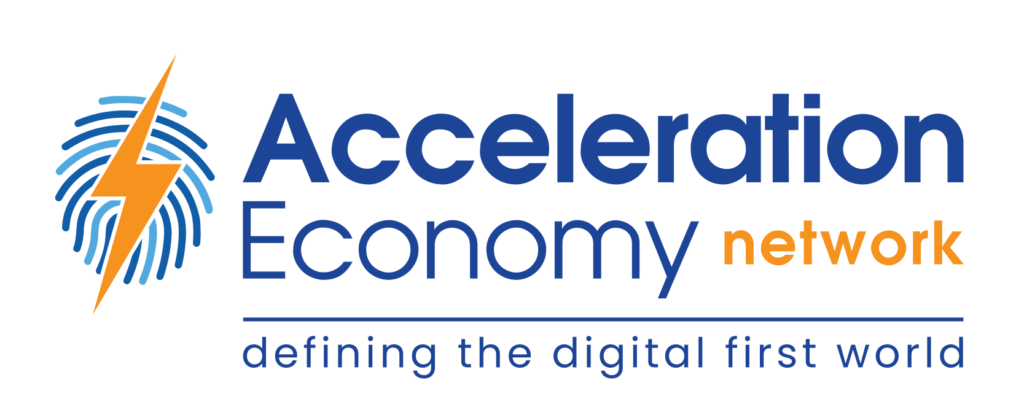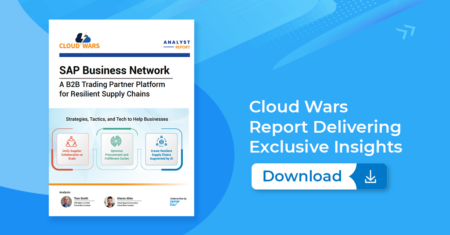
One app is prized above all others in today’s hybrid business environment: the video conferencing platform. With virtual meetings being the go-to option for many companies, a powerful, reliable video conferencing platform is critical.
Zoom, Microsoft Teams, and Google Meet, part of Google Workspace, are broadly viewed as the three most popular choices for SMBs and enterprise clients. In this analysis, I’ll lay out the features that set each of these platforms apart. After reviewing each system’s critical performance and accessibility features, I’ll share my perspective on which one ranks highest.
Note this is an update from my last comparison of these platforms, in which I included Webex and not Workspace. This analysis narrows that to Teams and Zoom, and adds Workspace, because qualitative and quantitative research reflect these as the top three platforms.
While precise usage data is difficult to pin down, search volumes for the different platforms — the metric used in one study — Zoom is the top video call platform in 80 countries as of 2022, vs. 44 in 2021. Google Meet is tops in 28 countries, vs. 21 in 2021. And Teams is tops in just 7 countries, vs. 41 in 2021.
What Are the Core Components?
All three platforms provide HD video and audio and include instant chat and messaging facilities. These features enable users to share links and take notes during meetings.
On all three apps, users can share screens and record meetings. And all platforms have breakout rooms so users can continue discussions away from the main meeting space.
In terms of integrations, all three platforms integrate with multiple business and productivity apps. However, not all supported apps are the same across the board. That’s why it’s worth checking which ones you already use in your business.
And the Standout Features?
Google Workspace is a complete package that includes Gmail, Google Drive, Google Docs, Google Slide, and more. These applications work with Google Meet so that virtual meetings can incorporate every business process required.
Google Meet in Workspace is built on secure infrastructure with end-to-end encryption. It benefits from a lightweight, intuitive design and interoperability with Google Calendar, which means users can join meetings with a single click on an event.
The biggest draw for Microsoft Teams is its Office 365 integration. As a Microsoft service, users can collaborate live on Excel, PowerPoint, Word, and more documents and schedule meetings across Microsoft email and planning apps.
Both Teams and Workspace include a vast storage quota. Workspace allows for 5TB of storage for its Business Plus users. While Teams, on a comparable business plan, provides 1TB of cloud storage per user. In comparison, Zoom offers 5GB of cloud storage per user in its Business plan.
The latest version of Zoom includes advanced security features that include, by default, 256-bit encryption and meeting passwords as a requirement for accessing recorded sessions. There are also other security features that users can turn on or off, such as meeting locks and waiting rooms.
Beyond this, Zoom is packed with extras. Some of the most interesting include language interpretation, in-call video pinning, single-sign-on (SSO), live streaming to various platforms, and a suite of over 2,000 apps and integrations in the Zoom App Marketplace.
Importantly, all of the big three services support automated transcription.
Ease of Use Considerations
Ease of use is crucial when deciding on the best video conferencing software. In Zoom, users can rapidly set up meetings, and all attendees need is a Zoom link to log on to a call. The interface is intuitive and straightforward to navigate.
Google Workspace enables users to schedule meetings through various channels, including Gmail, Google Meet, Google Chat, Google Calendar, or other third-party scheduling systems. Attendees receive a joining link.
Like Zoom and Google Workspace, using Microsoft Teams is very simple. Meeting invites include a joining link; users don’t need to download the Teams app to join a meeting. There are other call-in options if the app or web app is unavailable. Although simple, the Microsoft Teams interface isn’t as intuitive as in Zoom or Google Meet.
What About Cost?
Zoom’s standard business plan would be sufficient for most organizations, including all of the core features. If the 300-person limit is too small for your needs, you can boost participation to 1,000 with an add-on. Zoom’s Business plan costs $199 per user per year.
Google Workspace’s Business Plus plan costs $18 per user per month ($216 per year) and includes capacity for 500 attendees in video meetings.
Microsoft Teams is the most affordable option. It’s included in Microsoft 365 Business Standard, which costs just $12.50 per user per month ($150 per year). In addition to extended participant limits and calling times, the subscription gives users access to business email and the Microsoft Office suite.
The Winner Is…
Microsoft Teams is best suited to organizations already using Microsoft products. Although not particularly complex, it is an essential communication and collaborative tool.
On the other hand, Google Workspace is better for companies that utilize the full suite of Google apps in their operations.
Despite these powerful, native integrations with productivity suites, our winner is Zoom (again). The technology is easy to use and intuitive, which is a vital consideration for widespread adoption and smooth, efficient meetings.
Beyond this, Zoom has some seriously advanced features, and its collaborative tools, like its integrations, are among the best. In the acceleration economy, businesses need to adapt and onboard technologies quickly. So, choosing a recognizable, intuitive platform like Zoom is a wise choice.
To hear practitioner and platform insights on how solutions such as ChatGPT will impact the future of work, customer experience, data strategy, and cybersecurity, make sure to register for your on-demand pass to Acceleration Economy’s Generative AI Digital Summit.








